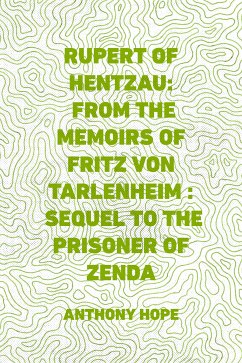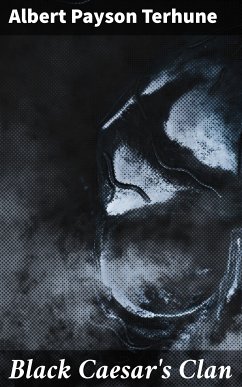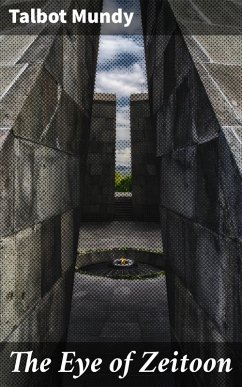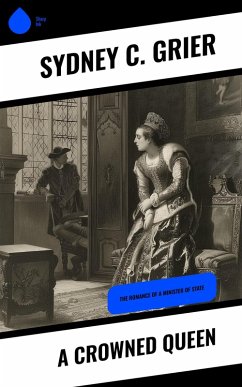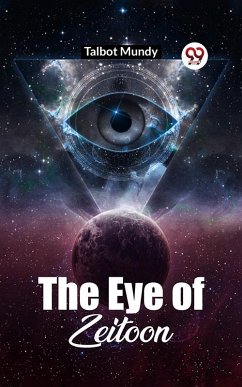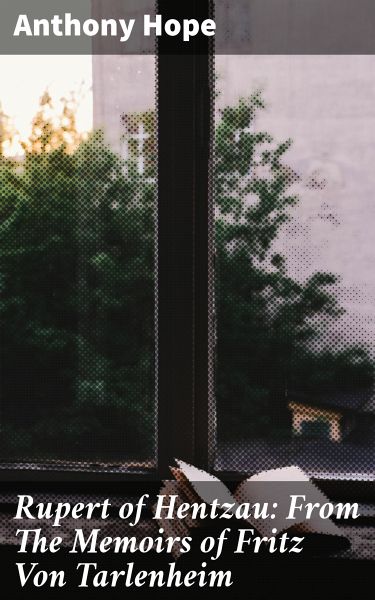
Rupert of Hentzau: From The Memoirs of Fritz Von Tarlenheim (eBook, ePUB)
Enriched edition. Sequel to The Prisoner of Zenda
Kommentar: Nicholson, Jared / Redaktion: Good Press
Versandkostenfrei!
Sofort per Download lieferbar
0,49 €
inkl. MwSt.
Weitere Ausgaben:

PAYBACK Punkte
0 °P sammeln!
In "Rupert of Hentzau: From The Memoirs of Fritz Von Tarlenheim," Anthony Hope crafts a compelling continuation of his acclaimed novel, "The Prisoner of Zenda." Set against a backdrop of political intrigue and personal vendetta, the narrative is richly imbued with Hope's signature blend of romance, adventure, and suspense. The prose, while reflective of late 19th-century literary styles, exhibits a keen ability to engage readers through dynamic characterization and brisk pacing, effectively entwining the fates of its protagonists in the shadowy world of monarchy and betrayal. Hope's deft handl...
In "Rupert of Hentzau: From The Memoirs of Fritz Von Tarlenheim," Anthony Hope crafts a compelling continuation of his acclaimed novel, "The Prisoner of Zenda." Set against a backdrop of political intrigue and personal vendetta, the narrative is richly imbued with Hope's signature blend of romance, adventure, and suspense. The prose, while reflective of late 19th-century literary styles, exhibits a keen ability to engage readers through dynamic characterization and brisk pacing, effectively entwining the fates of its protagonists in the shadowy world of monarchy and betrayal. Hope's deft handling of themes such as honor, love, and duplicity invites readers into a vivid realm of nobility and intrigue that resonates with the geopolitical anxieties of his time. Anthony Hope, born in 1863, skillfully navigates the landscapes of imagination and intrigue, drawing from his background in literature and law. His experiences and interests in the complexities of character dynamics and moral dilemmas nurtured his creative impulses, ultimately leading him to expand upon the universe he created in his landmark work. Hope's exploration of nobility and its moral fanfare reflects both his fascination with the essence of heroism and a commentary on the aristocracy of his era. "Rupert of Hentzau" is not merely a sequel but a vital addition to the literary canon of adventure fiction, making it a must-read for those captivated by tales of romance and betrayal. This work not only satiates the appetite of fans of the original story but also beckons new readers to explore its rich tapestry of excitement and moral ambiguity. Hope's ability to revisit and deepen his characters' journeys invites readers into an enchanting exploration of loyalty and ambition, making it an enduring tale that deserves a place on every bookshelf. In this enriched edition, we have carefully created added value for your reading experience: - A succinct Introduction situates the work's timeless appeal and themes. - The Synopsis outlines the central plot, highlighting key developments without spoiling critical twists. - A detailed Historical Context immerses you in the era's events and influences that shaped the writing. - A thorough Analysis dissects symbols, motifs, and character arcs to unearth underlying meanings. - Reflection questions prompt you to engage personally with the work's messages, connecting them to modern life. - Hand-picked Memorable Quotes shine a spotlight on moments of literary brilliance. - Interactive footnotes clarify unusual references, historical allusions, and archaic phrases for an effortless, more informed read.
Dieser Download kann aus rechtlichen Gründen nur mit Rechnungsadresse in A, B, BG, CY, CZ, D, DK, EW, E, FIN, F, GR, H, IRL, I, LT, L, LR, M, NL, PL, P, R, S, SLO, SK ausgeliefert werden.





